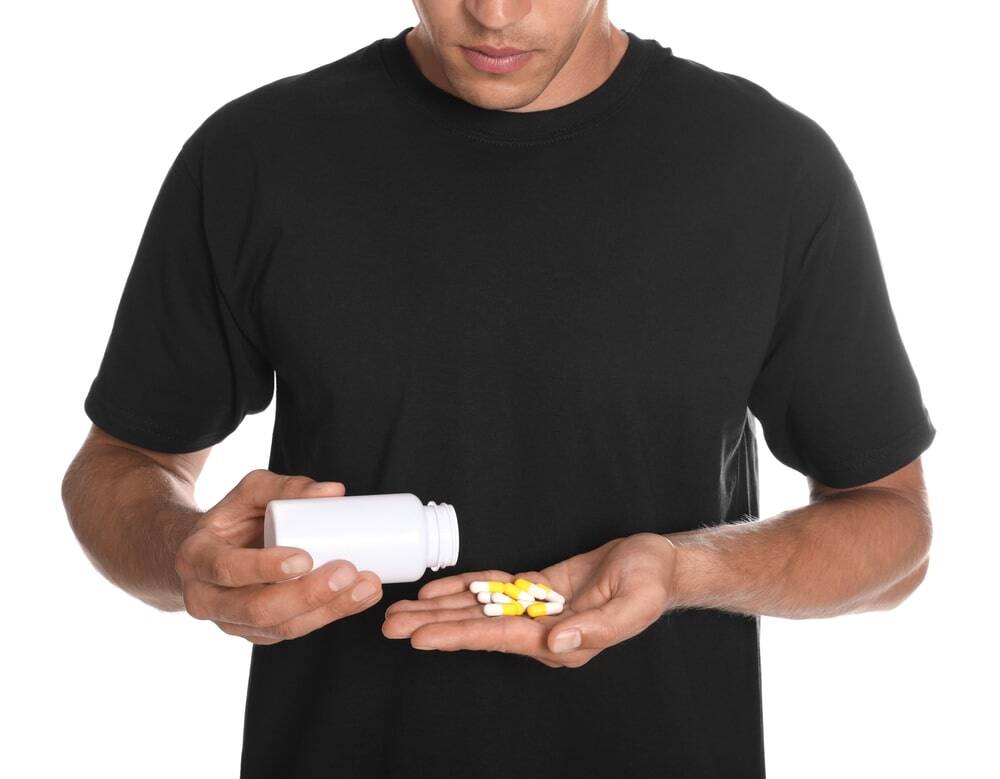From Struggle to Strength: Mothers and Daughters in Sobriety
Addiction, also known as substance use disorder (SUD), is listed in the Diagnostic and Statistical Manual of Mental Disorders, Fifth Edition (DSM-5) as a chronic, relapsing brain disorder.
The American Psychiatric Association (APA) explains substance use disorder as a complex, neurological “condition in which there is uncontrolled use of a substance despite harmful consequences.”
Addiction encourages the development and reinforcement of harmful patterns and behaviors that corrode relationships. For mothers and daughters, this struggle is often deeply personal and painful, but it also holds the potential for profound transformation.
The Journey to Sobriety
The first step towards sobriety is often the hardest. For many mothers and daughters, the decision to seek help comes after a period of intense struggle. It might be a wake-up call, such as a health scare, legal issues, or the realization of the damage caused to their relationship. Recognizing the need for professional help and support is a pivotal moment in their journey. This decision marks the beginning of a shift from struggle to strength, setting the stage for healing and renewal.
Entering treatment together, whether in the same facility or through coordinated programs, can be a transformative experience. It allows mothers and daughters to rebuild their relationship in a safe and supportive environment. Through therapy, counseling, and group sessions, they can address underlying issues, learn effective communication skills, and develop coping mechanisms for long-term sobriety. This shared experience strengthens their bond, turning their mutual struggle into a source of mutual support and resilience.
Building a New Relationship
Recovery is not just about abstaining from substances; it’s also about healing emotional wounds. For mothers and daughters, this means working through past hurts and misunderstandings. Forgiveness, both of oneself and each other, plays a crucial role in this process. It allows them to let go of the past and focus on building a healthier, more supportive relationship. This journey of healing transforms their struggle into a foundation for a stronger, more connected relationship.
In active addiction, boundaries often become blurred or nonexistent. As mothers and daughters move forward in their recovery, establishing and maintaining healthy boundaries is essential. This involves setting clear expectations, respecting each other’s space, and recognizing the importance of self-care. Healthy boundaries help prevent relapse and ensure a balanced and respectful relationship. This shift in dynamic fosters strength and respect, replacing the chaos of addiction with stability and mutual understanding.
Celebrating Milestones and Achievements
Sobriety is a journey marked by milestones, both big and small. Celebrating these achievements, whether it’s a day, a month, or a year of sobriety, reinforces the progress made and motivates continued commitment. For mothers and daughters, acknowledging each other’s efforts and successes strengthens their bond and fosters a sense of shared accomplishment. Each milestone marks a step away from struggle and a step towards strength and resilience.
As mothers and daughters rebuild their lives in sobriety, looking to the future with hope and optimism is essential.
Setting goals, both individual and shared, creates a sense of purpose and direction. Whether it’s pursuing education, career aspirations, or simply enjoying quality time together, envisioning a positive future reinforces their commitment to a sober and fulfilling life. This forward-looking perspective transforms their past struggles into a foundation for a stronger, brighter future.
For Information and Support
Substance abuse and addiction can be incredibly dangerous and can result in severe short and long-term consequences. If you or someone you know is suffering from substance abuse or addiction, please get help as soon as possible. The earlier you seek support, the sooner you and your loved ones can return to leading happy, healthy, and fulfilling lives. There is no reason to go through this alone, and we are here to help. Please feel free to reach out to us for further information or with any questions regarding substance abuse or addiction. We are available anytime via telephone at: 213-389-9964, or you can always email us at: info@friendlyhousela.org



